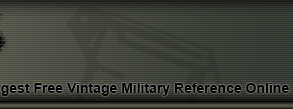WWII SAMURAI WAKISASHI SWORD 56 - SUKESADA
This is a Japanese Wakisashi Samurai sword. The sword is dressed in the typical WWII attire.
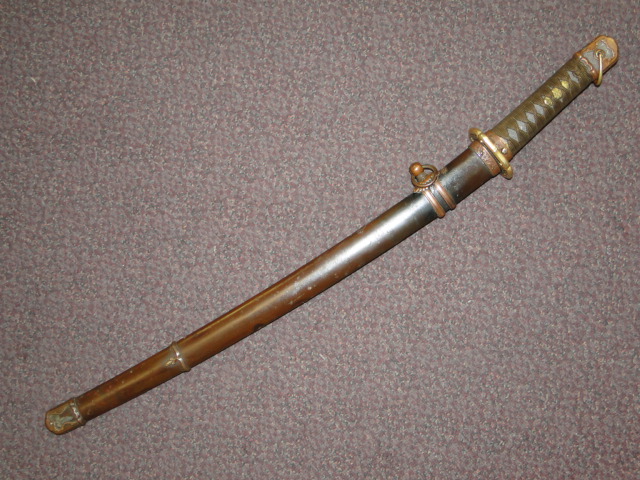
This a Samurai sword with a blade from the Edo period. It was used during WWII, issued to a pilot or a member of a tank crew. The fittings are all WWII period.
The blade is in very good condition. No fatal flaws, dings or rust. Measuring 19 3/8 inches. Made around the 1550's. The Hamon is nice but has been buffed.
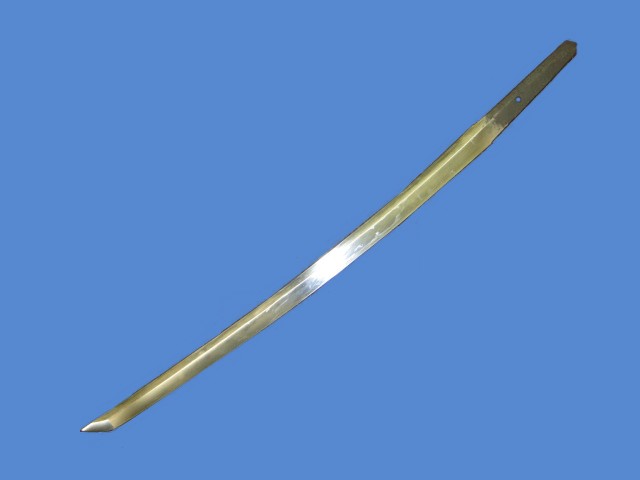
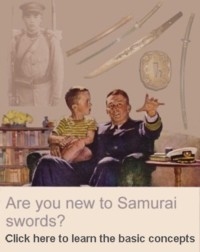
|
The Samurai sword has a very rich history. The sword has been manufactured for several centuries and continues
to be produced today. The sword represented more than just a weapon. It was the soul of the Samurai warrior.
When attempting to identify the type of sword you have It is important to keep in mind that the fittings of
a sword (scabbard, handle, crossguard. etc.) may be identical from one sword to another. The reason why is
because during WWII the same fittings were used in all Army swords, Navy swords, etc. Armed forces are all
about uniformity. They strive to make everything the same.
This is the reason why a sword cannot be identified merely by its external appearance.
Understanding the different components that make up the Samurai sword is the first step in figuring out the
type of sword you have. That is the reason why we have created the
Understanding the Smurai sword section as a means to
provide a novice with the basic knowledge to start the path of determining the questions everyone has;
who made the sword, how old it is nad how much it is worth.
|

The handle is dressed in typical WWII fittings. It is tightly wrapped. It has the WWII menukis. The interesting thing about it is that it is wrapped with snake skin. Nice texture and coloring. A family mon button is placed on one side of the pommel. It seems to have been ground off. this is usually a sign that the sword was surrendered.
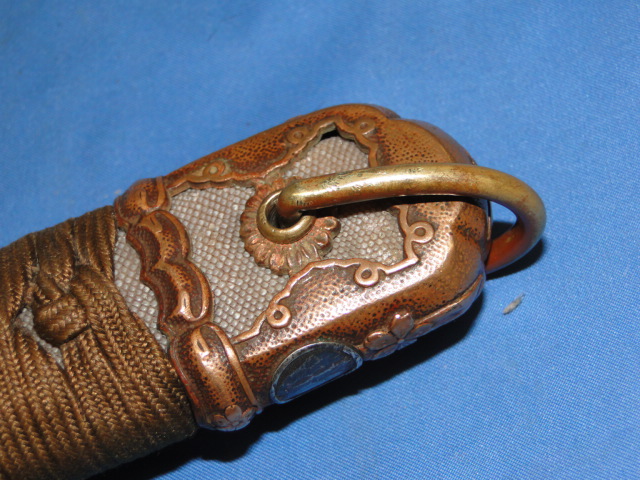
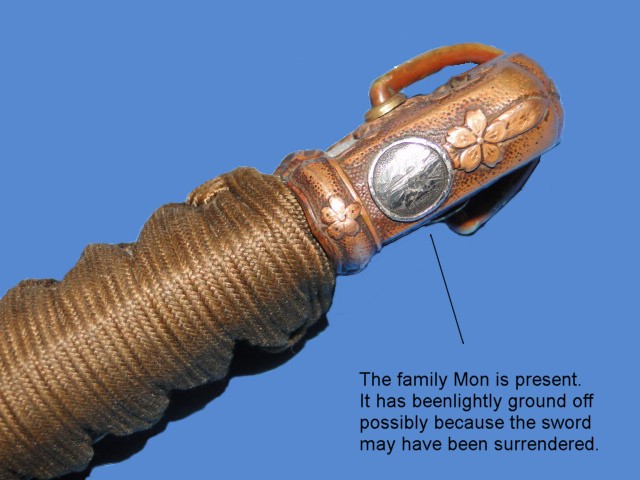
The side of the handle displays a silver circle. This is the family Mon. At one time it would have had a design but now
it shows an area that was scractched off. This practice is normally an indication of a sword that was surrendered to the
Americans.
The Japanese soldier considered a dishonor to have surrendered the weapon so he would defile the family Mon.
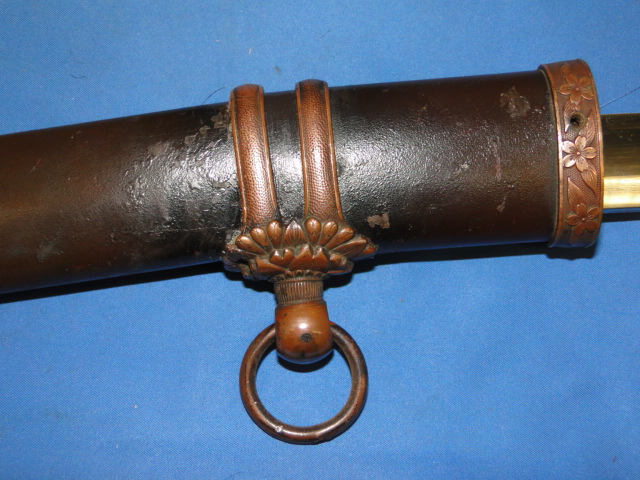
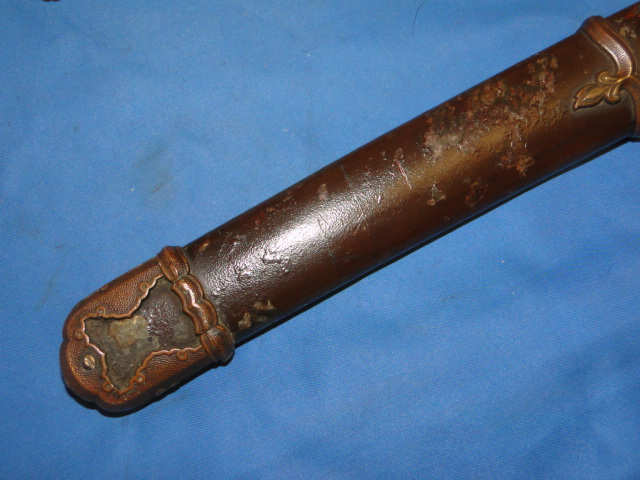
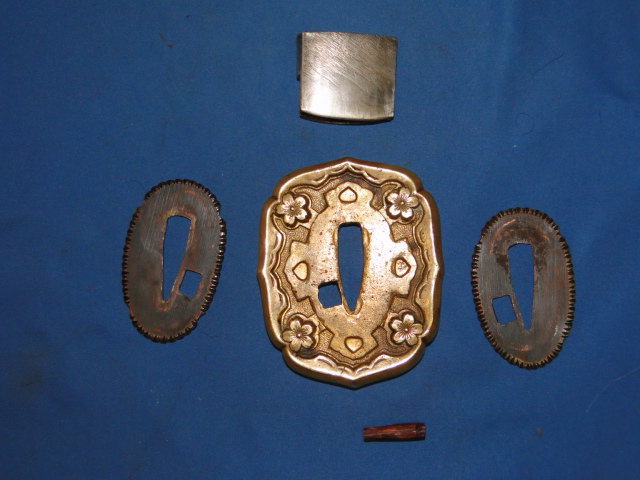
The sword comes with a beautiful silver foil Habaki. The sides show file marks known as "rain pattern". This piece was
definetely custom ordered.
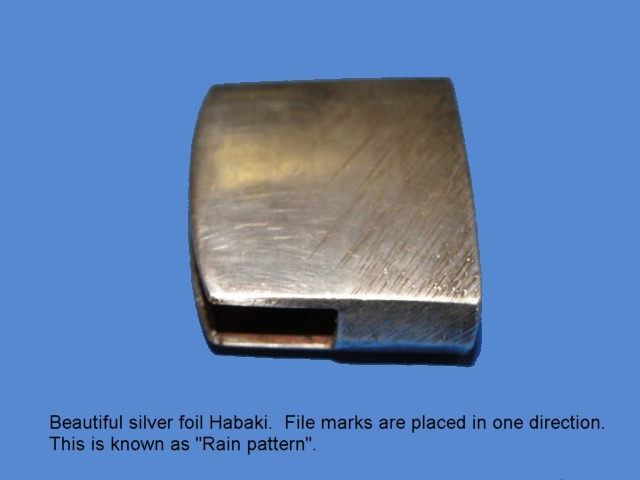
|
This page is a recognition and identification guide for Samurai swords.
Multiple detailed photos of a specific sample are provided. Descriptions point
out clearly defined points that should be noted.
One of the most commonly asked questions is "How much is my Samurai Sword worth?".
A price guide is included here to address this question. The value of the swords is
reviewed over a period of several years. A trend can be observed. The present worth
of the edge weapons in the collector's market is illustrated.
This service is provided free of charge to the visitor/enthusiast courtesy of
MilitaryItems.com,
a company dedicated to the preservation of military history and to providing quality
military antiques and collectibles to museums, institutions and the general public.
|
|
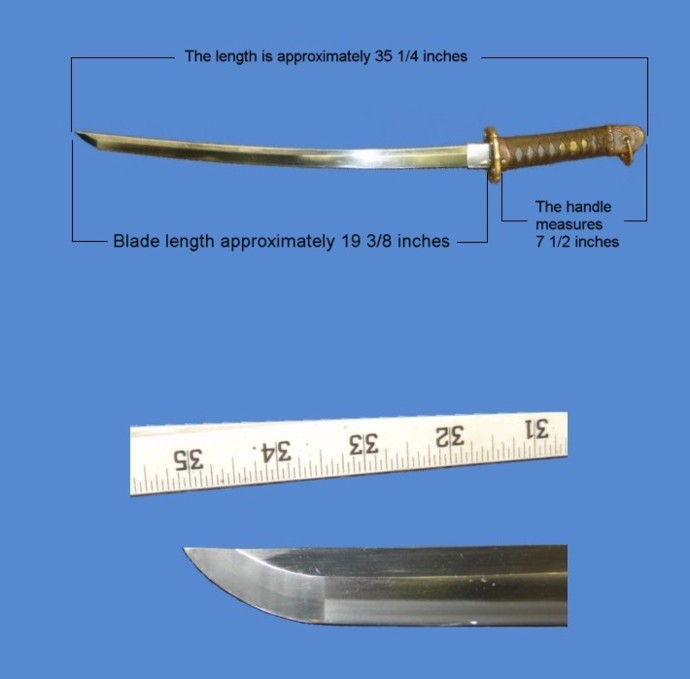
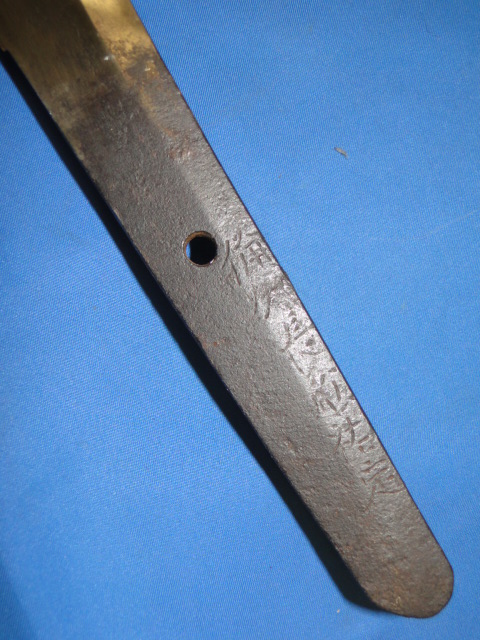
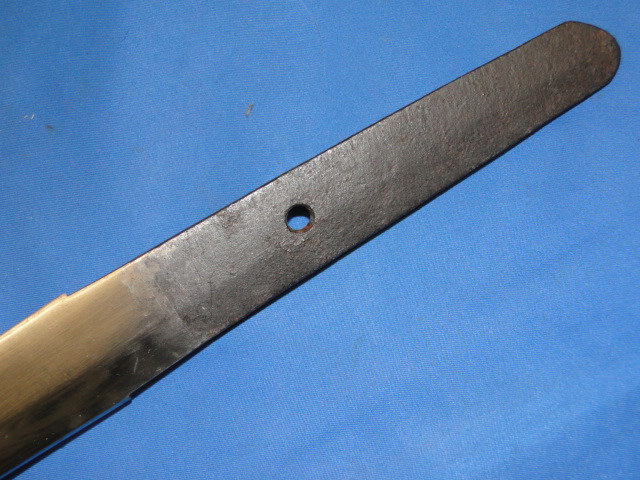
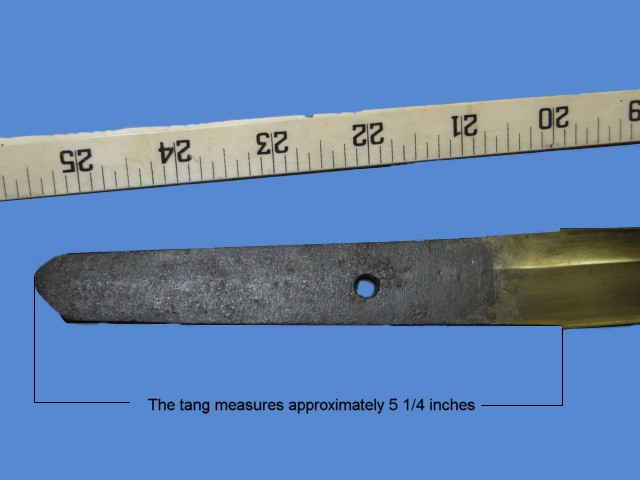
The tang is signed "Bishu Osafune Sukesada", this translates to "Sukesada from Osafune Village in Bizen province made this". The tang measures approximately 5 1/4 inches in length.
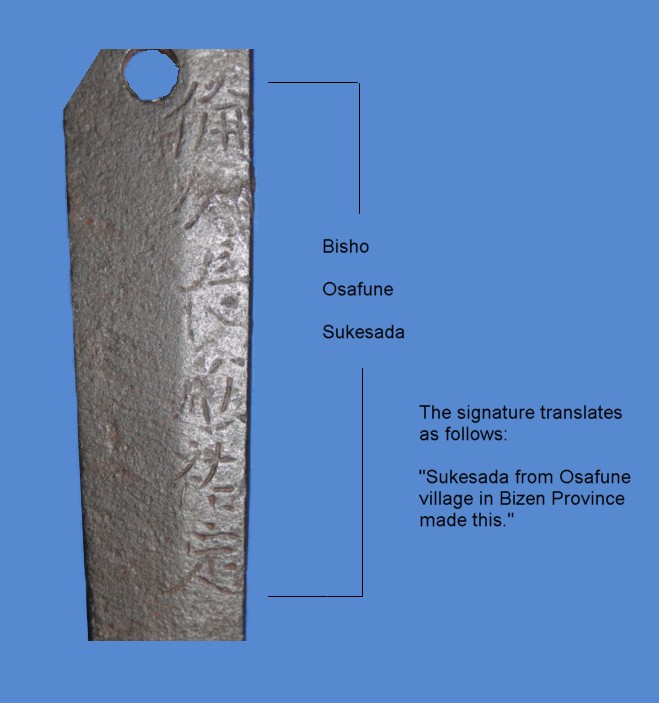
This Samurai Sword may be currently reproduced.
It is becoming more difficult to be able to tell the fake ones from the real ones because
the quality of the reproductions is improving. The collector must become familiarized with
the construction style and materials employed in the manufacturing of this item.
Attention to the details is critical in order to be able to determine the authenticity of
the collectible.
If you have an interest is seeing other Japanese Samurai swords, you can do so by going to our
Japanese Samurai Swords Price Guide
identification guide. Where we cover Samurai swords from all periods.
| 

